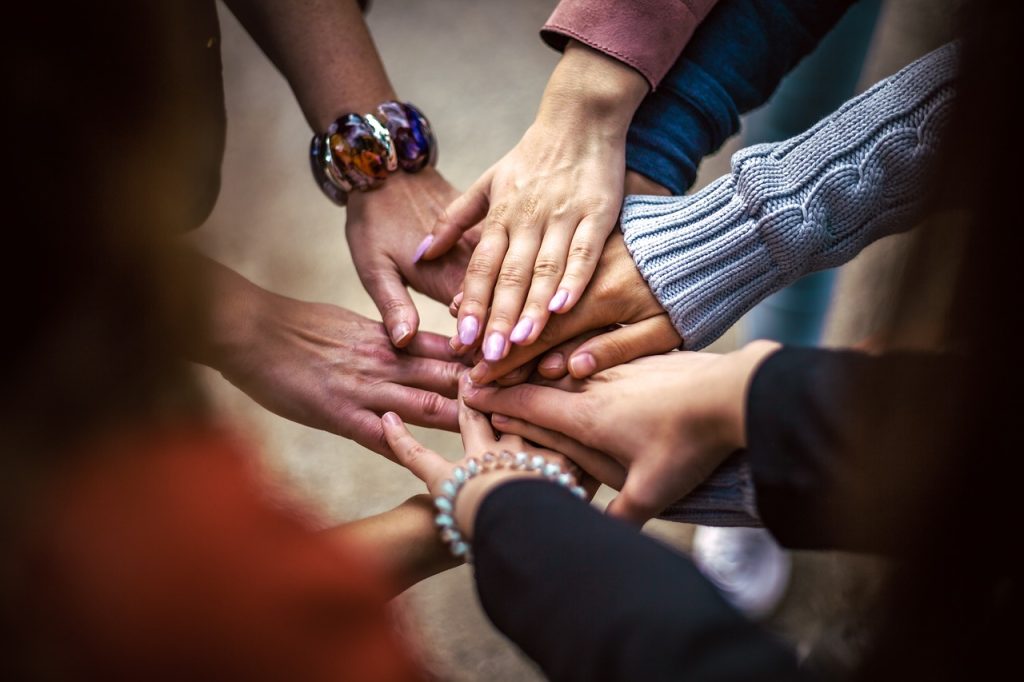
Support Groups
Practical Strategies for Trauma Healing
Support groups are a practical and powerful strategy for healing trauma by creating a safe space for survivors to connect, share experiences, and receive mutual empathy and encouragement. Unlike formal therapy, support groups focus on peer connection and shared understanding, reducing feelings of isolation and shame that often follow traumatic events. Shared pain is healing.
A Safe Space for Shared Experiences
Trauma often creates profound feelings of loneliness and a sense that no one can understand what you have been through. Support groups offer a unique, safe environment where survivors can share their stories with others who have had similar experiences.
- Reduces isolation: Connecting with peers who truly understand can counteract the loneliness that trauma can cause and foster a vital sense of belonging.
- Normalizes emotions: Hearing others describe similar feelings, fears, and struggles validates a person’s own reactions and helps them understand that their emotions are a normal part of the healing process.
- Rebuilds trust: Trauma often erodes a person’s ability to trust others. In a supportive group setting, members can cautiously re-engage with others and learn to trust in a safe, moderated environment.
Pathways to Empowerment and Growth
Support groups are a practical tool for empowerment, moving survivors from feeling like victims to recognizing their own strength and resilience.
- Empowerment: The collective aspect of group healing helps individuals shift from a sense of helplessness to a position of strength. Many support groups are peer-led by survivors who act as role models and sources of hope.
- Empowers family members: Support groups often include family members of trauma survivors, helping them understand the trauma’s effects and fostering a more supportive home environment.
A Resource for Practical Coping Skills
In addition to emotional support, groups provide a forum for learning and sharing effective coping mechanisms for day-to-day challenges.
- Shared wisdom: Group members share the practical strategies they have used to manage trauma symptoms, such as anxiety, fear, and anger.
- Alternative perspectives: Hearing how others have handled difficult situations offers new, healthy ways to approach challenges.
- Enhanced coping: Group discussions and exercises teach practical skills for navigating daily life, which may include relaxation techniques or cognitive reframing.
An Important Complement to Formal Therapy
While support groups are not a substitute for professional treatment for conditions like Post-Traumatic Stress Disorder (PTSD), they provide a crucial, community-based component to a comprehensive healing plan.
- Synergy with therapy: For many, peer support complements formal, evidence-based therapy, such as Cognitive Processing Therapy (CPT), which can be delivered in a group setting.
- Community resource: Support groups offer ongoing support, while therapy can be time-limited. These groups ensure that individuals have access to a sustained network that reinforces their healing journey.
